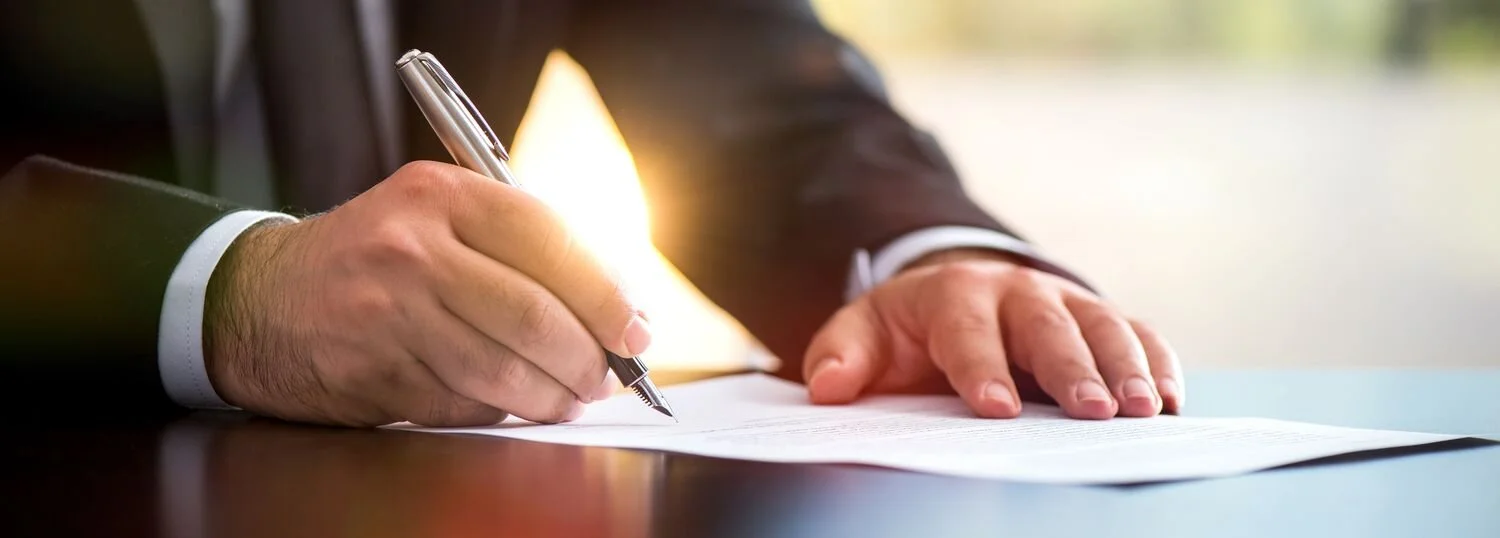Unless you have been living in a bubble (which might actually be a good idea), you have heard about the novel Coronavirus, or COVID-19, which the World Health Organization has declared to be a pandemic.
It’s a scary time in the world, and this article isn’t intended to make things scarier.
On the contrary.
My goal is to help you get some peace of mind. Because even though this health crisis has left many of us feeling helpless, there are a few simple — yet incredibly important — legal tools that can make a HUGE difference for you and your loved ones.
Estate Planning Matters Now More Than Ever
Coronavirus is not an ordinary virus.
It can ultimately cause respiratory failure, requiring patients to be intubated and put on a ventilator. (You know, that thing hospitals are running low on?)
For many, that’s the most frightening aspect of this pandemic: it can cause temporary or permanent incapacity, i.e., the inability to care for or make decisions for yourself.









